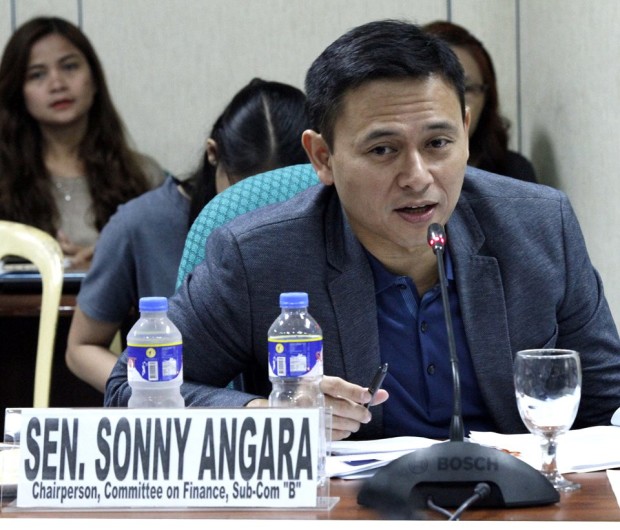More reforms in the estate tax system mulled
Sen. Sonny Angara on Sunday said the planned estate tax amnesty gaining traction in the Lower House should be coupled with reforms in the estate tax regime, including an increase in deductions for the grieving families.
In a statement, Angara said the Senate ways and means committee, which he chairs, will immediately act on the House bill aimed at granting amnesty on unpaid estate taxes upon passage and transmission to the Upper House.
The Senate, for its part, will likewise “lighten the tax burden on a deceased’s assets in order to lighten the grief of the heirs,” he said.
“We want our grieving families to be spared from further anguish in paying high estate taxes which often delay the distribution of the assets to the heirs,” Angara said.
At present, Angara noted that the Tax Code exempts from tax a net estate worth up to P200,000, while imposing four tiers of taxes between 5 percent and 20 percent based on the assets’ value.
“This tax hurdle, plus the unfamiliarity with estate taxes and cultural avoidance to discuss death-related affairs, has led families to delay settling the estate, resulting in huge penalties and surcharges while use of assets are not maximized,” he said.
As such, the Senate ways and means committee would adopt an “Una ang Pamilya” philosophy that will revamp the estate tax regime “by setting rules that are easy to comply with, and rates that are affordable,” Angara said.
Specifically, the Senate committee will “trim estate tax rates and increase the tax deductible expenses—such as the medical expenses incurred by the deceased,” according to Angara.
